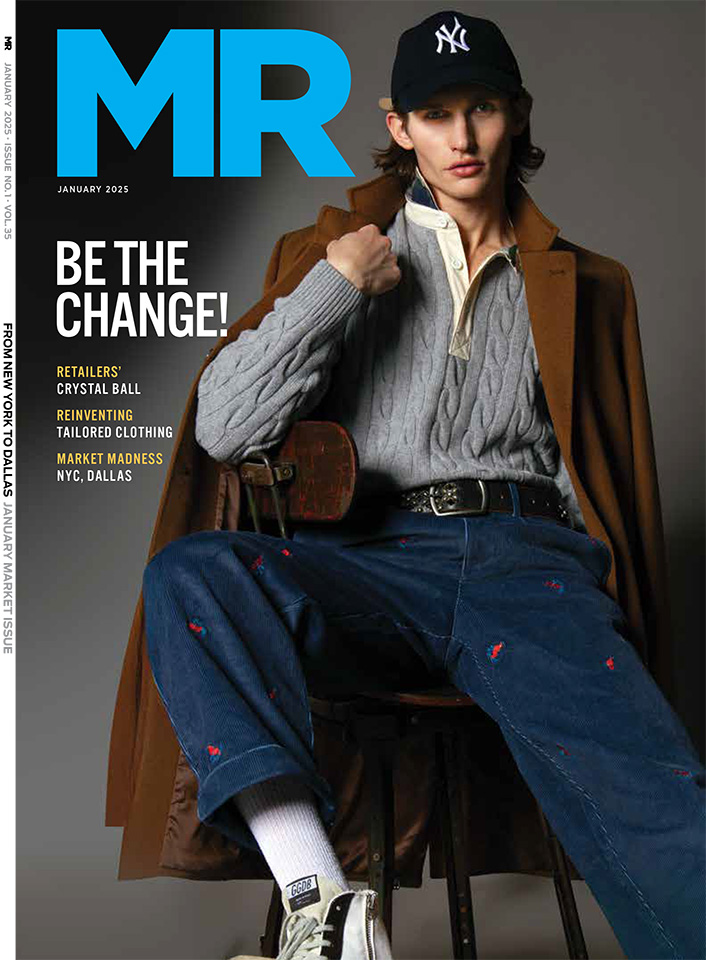Millennials Are Making It Luxe To Be More Ethical And Environmentally Aware

What are you buying when you pay $5 for a cup of organic, single-origin, fair-trade coffee? Or a locally produced, sustainably sourced linen tunic? Or a Tesla Model X electric SUV? A delicious, attractive, or well-engineered product, of course. But luxury goods are rarely just about the product. People do want good design and craftsmanship, and high quality ingredients and materials. But they pay a premium for something more than that. Often it’s the subtle conveyance of good taste, access, and wealth. And increasingly, that high status is suggested in the language of conscious consumerism: “organic,” “sustainable,” “ethical.” The luxury industry is waking up fast to this reality, and responding with a slew of products and services geared to what the sociologist Elizabeth Currid-Halkett has called the “aspirational class”— those who “earnestly buy organic, carry NPR tote bags, and breast-feed their babies.” “They care about discreet, inconspicuous consumption,” she writes in her new book, The Sum of Small Things: A Theory of the Aspirational Class. “Like eating free-range chicken and heirloom tomatoes, wearing organic cotton shirts and Toms shoes, and listening to the Serial podcast. They use their purchasing power to hire nannies and housekeepers, to cultivate their children’s growth, and to practice yoga and Pilates.” Read more at Quartz.

